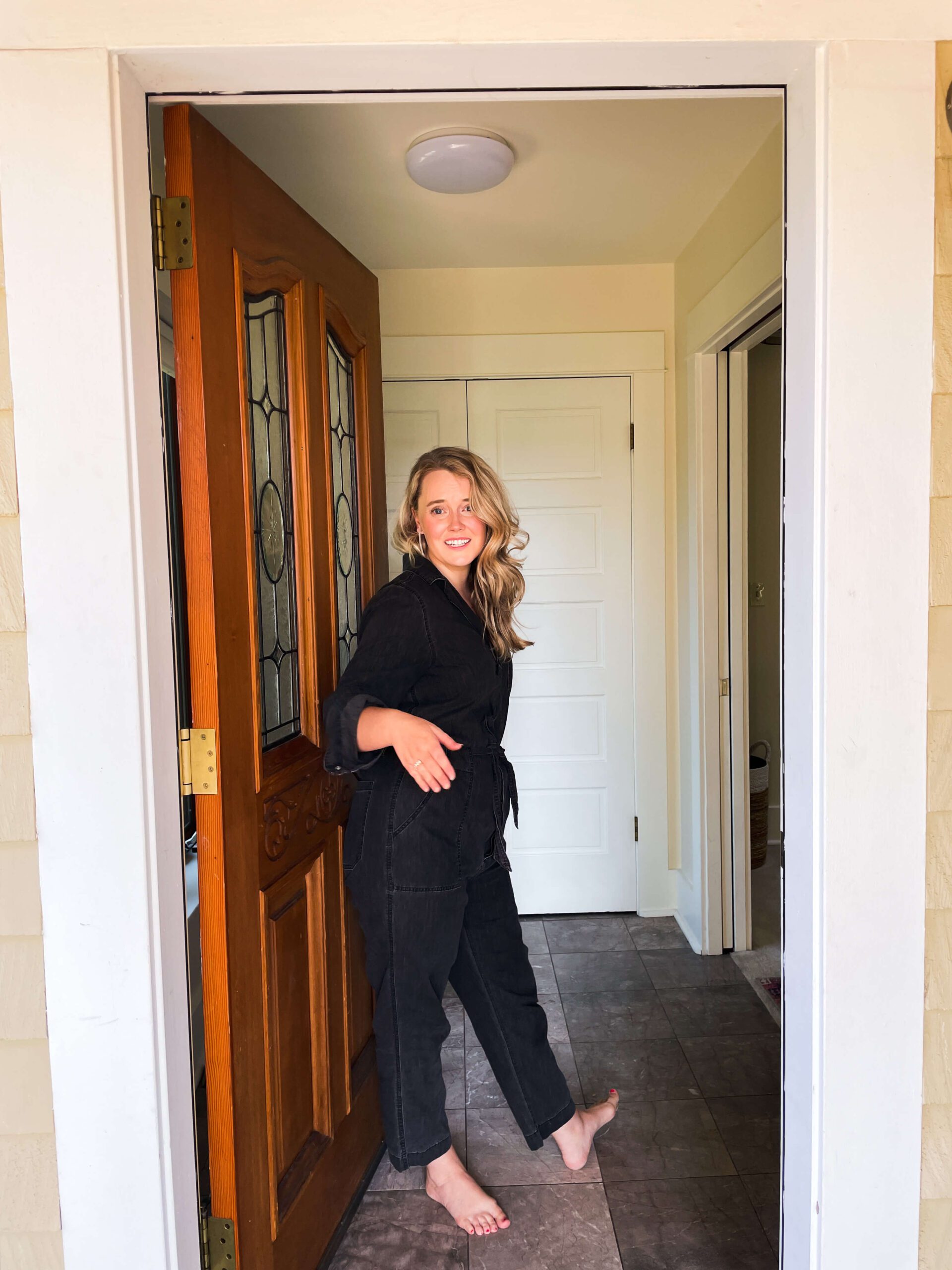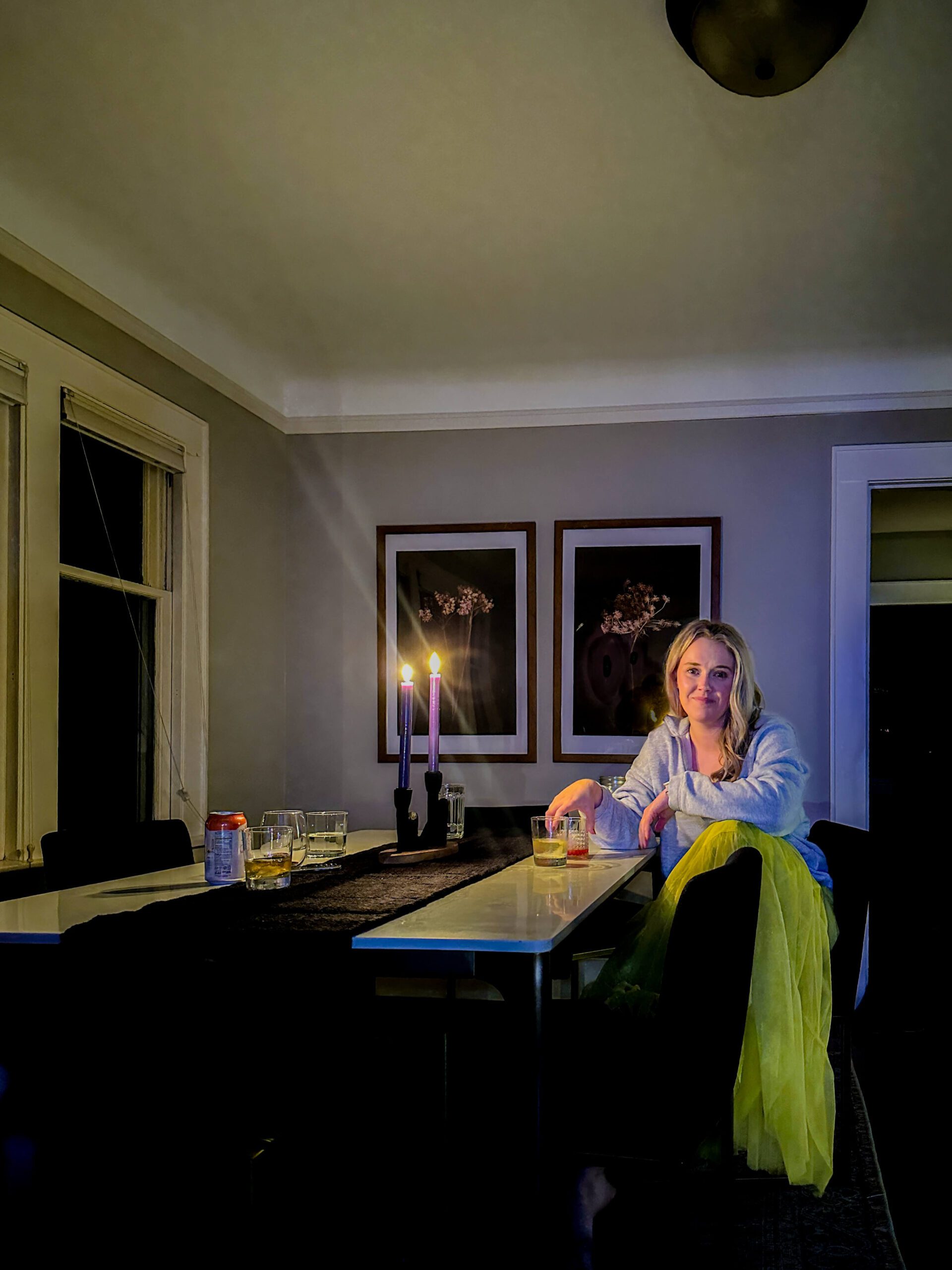
If you’re looking to expand your social life or have just moved to a new place and are focused on making friends, joining a group of friends can be a great way to build meaningful relationships and feel a sense of belonging. In this post, we’ll go over why joining a group of friends is important, how to find one that fits your interests and the best approaches. Additionally, we’ll provide tips on establishing trust and connection within the group, common mistakes to avoid, and handling any challenges or conflicts that may arise. Ultimately, we’ll weigh the pros and cons of having a group of friends and offer guidance on creating or joining one.
WANT DEEPER FRIENDSHIPS?

I AM GIVING AWAY MY SECRETS TO BETTER FRIENDSHIPS.
Reinvigorate your friendships and learn how to create stronger ones by incorporating my Top Friendship Reframes into your life. BONUS! An exclusive look at my upcoming book. Want to bring more purpose and value to the relationships that matter to you? Download the guide now.
What is a Friend Group?
A friend group is a bunch of people who have something in common and get together to hang out, do fun activities, or just chat. Friend groups can form spontaneously or be intentionally created, but no matter how they are formed, they require intentional action to keep the friend group alive.
Some people think that a group of friends requires you to be best friends with everyone, but in reality, almost every friend group comprises people with varying levels of friendship. Some people are super close, and others are more like acquaintances, but at the end of the day, it’s just a group of humans that connect to build belonging.
PODCAST EPISODE! Listen to “Friend Groups: How to Join a Friend Group or Create One” here.
Reasons to Join a Group of Friends
Being part of a friend group has many perks. One of the biggest advantages is the feeling of being a part of something, which can be especially helpful during difficult times. Friend groups also offer opportunities for socializing, which can promote good mental health. Another great thing about having a group of friends is the shared experiences and memories that can be created. Going on trips or trying new things together can be fun and provide a sense of adventure. Additionally, having a diverse group of close friends can lead to many “weak ties” relationships, including friends of friends and acquaintances. This can result in a strong network of people to turn to for help when needed. Joining a group can also help you meet new people and potentially make new friends outside the group and provide fun and social activities.
How to Identify a Group of Friends to Join
Finding a group of friends to hang out with might seem daunting, but there are many ways to do it. Firstly, think about what you’re interested in and what you enjoy doing. Try to find groups or clubs that share the same interests and values as you do. It could be anything from a sports team or book club to a volunteer organization or political group. You could even sign up for a series of classes focused on an interest you want to learn more about.
Another way to find a group is to ask your existing social circle if they know of any groups or social circles that would be a good fit for you. This can be especially useful if you’re new to an area without many connections.
Lastly, you could consider joining online groups and communities. Social media platforms like Facebook and Meetup have groups for almost any interest or hobby. By joining these groups, you can easily connect with like-minded people and potentially find a group to join without any added pressure.
How to join a Group of Friends
When it comes to joining a friend group, it can be a bit of a challenge. However, there are methods you can use to make it easier. One way is to connect with someone in the group who has similar interests or experiences as you. By forming a strong bond with this individual, it may be simpler to get to know the rest of the group.
Another important aspect is to participate actively in group gatherings. By attending events and showing interest in the group, you could be seen as a welcoming and inclusive individual. It’s also advantageous to offer your help and support to the group, whether by bringing snacks or assisting with party planning.
How to Create a New Group of Friends
Creating a friend group takes time and effort but can be incredibly rewarding. One approach is inviting people with a common interest or experience to participate in an activity. Over time, this group can grow and evolve into a more established friend group.
Consistency is key when creating a friend group. People are more likely to feel invested in the group by scheduling regular events and activities. Being inclusive and welcoming to newcomers is also important, as this can help the group grow and thrive.
Building Relationships within the Group
Once you’ve joined a group, it’s important to build relationships with its members. One way to do this is by finding common interests and shared activities. This can provide a way to bond with others and potentially lead to new friendships.
Another way to build relationships is by being vulnerable and open with others. Share your thoughts and feelings with the group, and allow others to do the same. This can help build trust and connection and potentially lead to deeper relationships.
PODCAST EPISODE! How to Make Friends as a Grown-Up. Give it a listen!
Finally, be supportive of others in the group. Celebrate their successes and be there for them during tough times. This can help build a sense of community and support within the group.
Building Trust and Connection with the Group
Creating a trustworthy and connected group requires a lot of time and effort. To achieve this, it’s important to be consistent and dependable. Attend events and activities and provide support to others in the group when they need it.
Additionally, try to have individual conversations with group members. It’s a great way to build deeper relationships and get to know them better.
Being honest and transparent is another key way to build trust. If you face a problem or disagreement with someone in the group, it’s best to be honest and upfront about it. This will help prevent misunderstandings and build trust.
It’s important to be true to yourself and participate in activities that align with your interests. Don’t feel like you have to do everything.
When joining a group of friends, it’s important to be authentic and true to yourself. Don’t try to be someone you’re not to fit in or impress others.
Be honest about your interests, values, and personality. This can help you find and build genuine connections with people who share similar traits. Additionally, being authentic can help you attract people who value the same things as you, potentially leading to deeper and more meaningful relationships.
Maintaining Contact and Building Deeper Relationships
As you become more connected in the group, make an effort to initiate contact, plan simple gatherings, make open invites, and check in on your new friends. You are working to build evidence that you care about this group and the people in it, so putting yourself out there to build that evidence will help the other people see that you care and lead to a story root with the group that says “that new guy cares about everyone here.”
Continue to focus on deepening and connecting with the individual members of the group. Those individual bonds hold a friend group together at its foundation. Be kind to the other members you aren’t the closest to in the group, and work to find your shared interests over time. This doesn’t mean you need to initiate a bunch of individual hangouts, but you’d be surprised how impactful it can be for a familiar friend in this group to feel like you have a shared interest, you both are comfortable talking about when you are together.
PODCAST EPISODE! Want to hear a real life example of how you can build a friend group? Listen to my episode with Brenda here.
Navigating Challenges and Conflict within the Group
Challenges and conflicts are a natural part of any group dynamic. When navigating challenges within a group, it’s important to communicate openly and honestly. Listen to others’ perspectives and try to find a solution that works for everyone.
Additionally, be willing to compromise and find common ground. This can help prevent conflicts from escalating and potentially damaging relationships within the group.
Finally, be willing to apologize and make amends if necessary. This can help rebuild trust and prevent conflicts from recurring in the future.
PODCAST EPISODE! Let’s talk about managing differences (and making different life choices). Listen here.
Conclusion
Joining a group of friends is an excellent way to make lasting connections and broaden your social circle. To achieve this, you must find a group that resonates with you, stay true to yourself, and build trust and rapport with the members. It’s important to be patient and take time to get to know everyone in the group and don’t hesitate to step out of your comfort zone to try new things and foster new relationships.
For more tips on how to join a friend group and create lasting connections, check out the Friendship IRL podcast!







